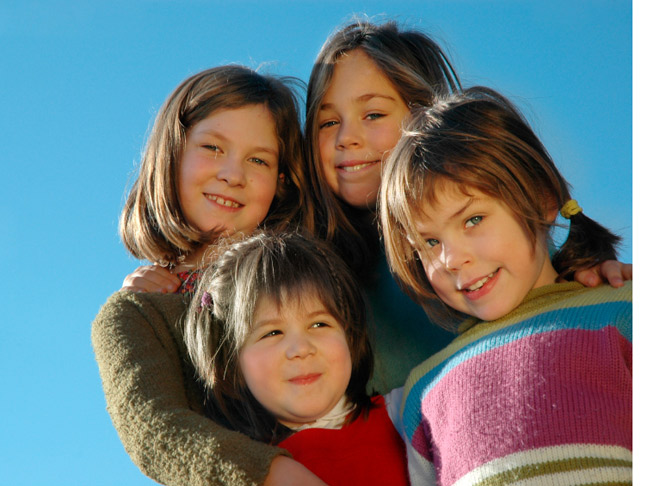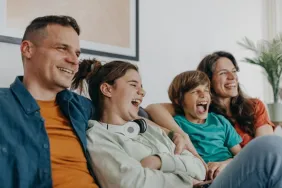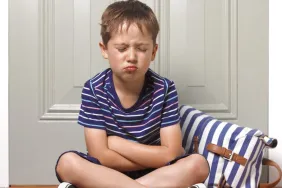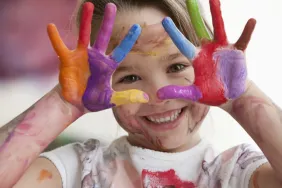Making friends is an important life skill, so much so that it is one of the most important social milestones that will occur in the life of your child.
Once the skills required for building and maintaining friendships are discovered, they will endure throughout your child’s lifetime and enable him to have successful adult relationships at home, at work and at play.
As a parent, you can play an important role in helping your child to develop first friendships by implementing some of the following tips.
Teach your Children Friendship Building Skills
Some of the key ingredients for attracting and keeping friends include good communication, cooperation and compassion. Teach your child how to effectively express himself and the importance of looking someone in the eye when they are speaking. Instill the value of being cooperative in your child and teach him how to express concern for others from an early age. Role-playing and being a good role model can help you teach your child these valuable skills.
Provide Opportunities to Make Friends
Getting your child involved in activities that interest him with children in the same age group provides a great opportunity for your child to make friends. In addition to being the same age, the children are likely to already have something in common, an interest in the activity they are taking part in. Music classes, mommy and me gym classes, and other social activities provide the perfect setup for making new friends.
Set Play Dates with Children your Child Likes
Your child will naturally gravitate towards some children and not others. When you notice your child taking interest in another child, consider asking the parent to get the children together for an informal outing. Meeting at the park for lunch or going to a playground or other neutral territory can be a great first outing for new friends.
Stay Out of It
Once your child is in the beginning stages of building a friendship, try to stay out of the minor squabbles that occur. Letting children work out small disagreements, like who gets to have the blue car first, can help them to hone their problem solving skills and learn to resolve conflict. Of course if the disagreement gets emotionally or physically harmful, step in immediately by waking the children through how to handle the situation appropriately.
If you want your child to be a good friend, he’ll need to see you being a good friend. Be aware of how you treat those around you. Your child watches you and listens to you carefully.








